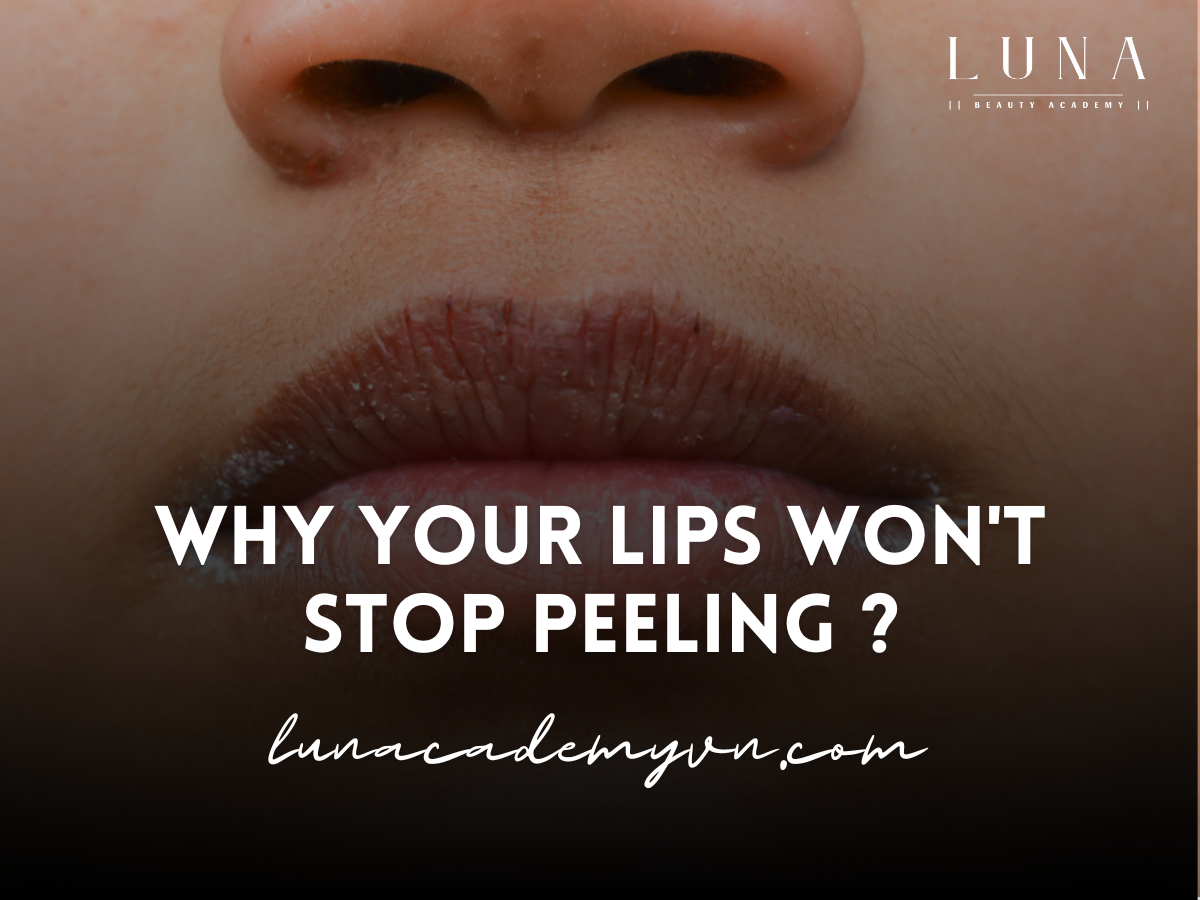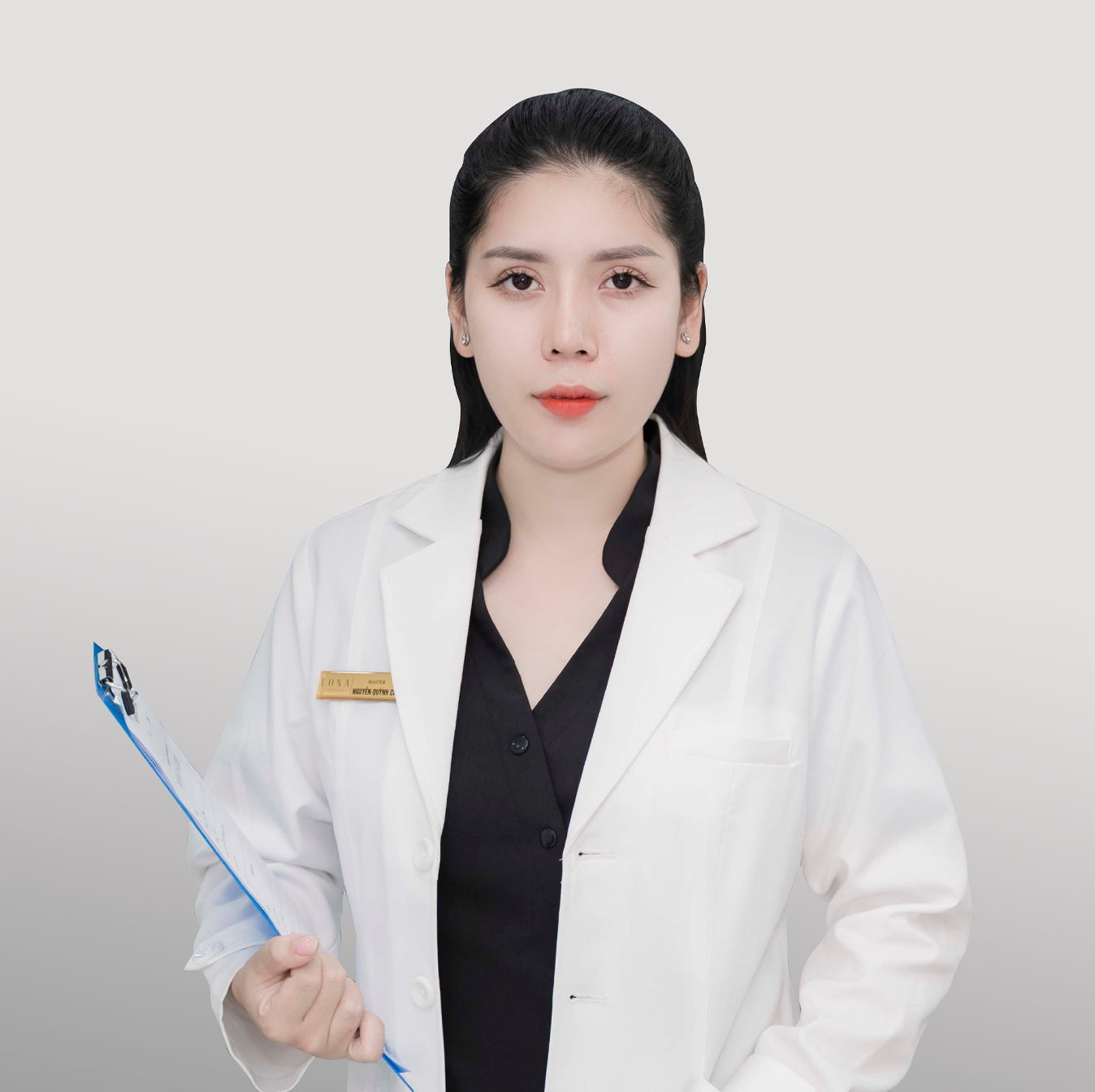Have you ever been puzzled by the fact that your lips won’t stop peeling? This common condition can be incredibly frustrating, leading to discomfort, embarrassment, and even pain. While many people immediately associate peeling lips with dryness, the truth is that there are numerous factors that can contribute to this issue. Understanding the underlying causes is crucial for finding effective solutions to restore the health and appearance of your lips.
Table of Contents
ToggleUnderstanding the Causes of Peeling Lips
Peeling lips can be triggered by a variety of influences, including environmental factors, skincare routines, lifestyle choices, and underlying health conditions. By identifying these causes, you can take proactive steps to combat the problem.
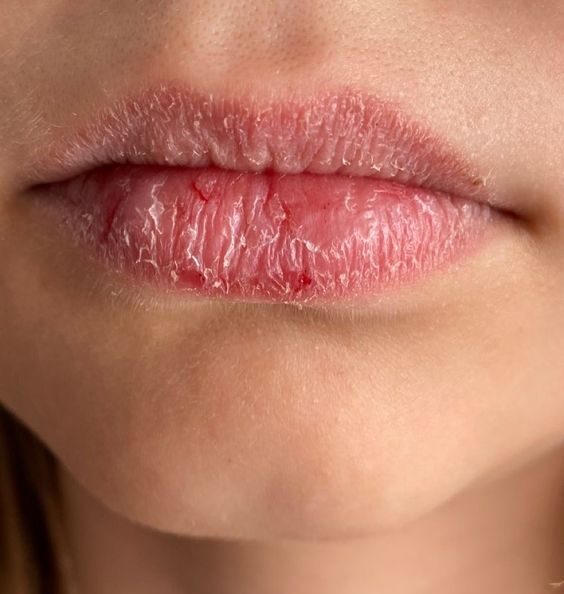
Environmental Factors
One of the primary reasons why your lips won’t stop peeling is exposure to harsh environmental conditions. Factors such as:
- Cold Weather: In winter, the cold air outside can deplete moisture from your lips, leaving them dry and prone to peeling.
- Wind: Windy conditions can also contribute to moisture loss, causing your lips to become cracked and flaky.
- Sun Exposure: Just like the skin on the rest of your body, your lips are susceptible to sunburn. Overexposure to UV rays can damage the delicate skin on your lips, leading to peeling.
To protect your lips from these elements, consider using a lip balm with SPF and avoid prolonged exposure to harsh weather.
Irritating Lip Products
The cosmetics industry offers a plethora of lip products, but not all are beneficial for your lip health. Many lip balms, lipsticks, and glosses contain:
- Fragrances: Synthetic fragrances can irritate sensitive lips and lead to peeling.
- Preservatives: Certain preservatives can cause allergic reactions, making your lips more prone to peeling.
- Dyes: Artificial dyes in lip products can also contribute to sensitivity and irritation.
If you notice that your lips won’t stop peeling after using a particular product, it may be time to evaluate your cosmetics. Opt for products labeled as hypoallergenic or those that contain natural ingredients like beeswax or shea butter.
Health and Lifestyle Factors
Your overall health and lifestyle habits significantly influence the condition of your lips. Some contributing factors include:
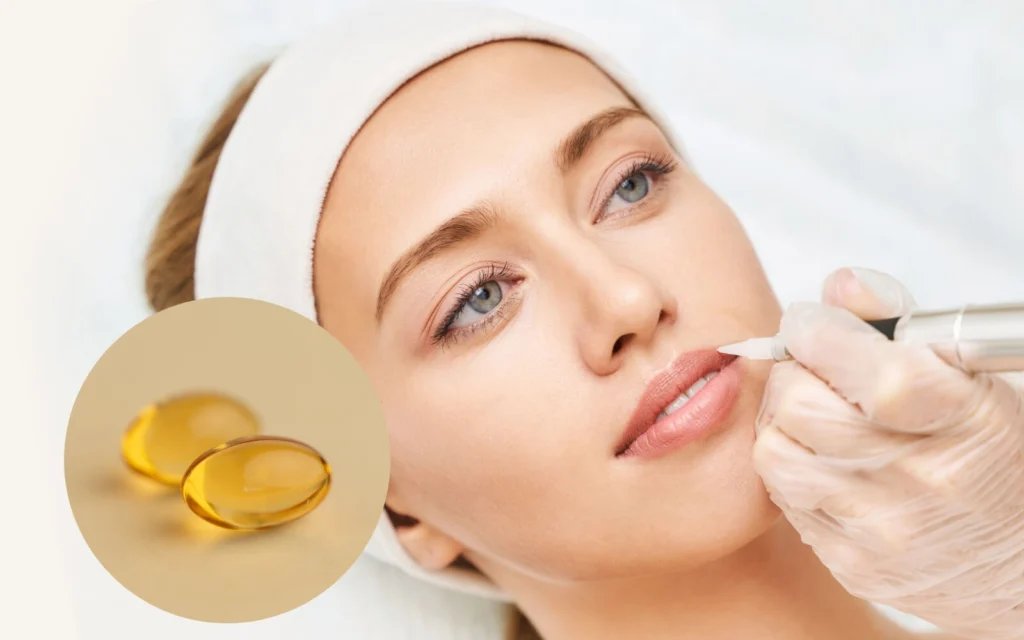
- Dehydration: Insufficient water intake can lead to overall dehydration, which often manifests in your lips as peeling and dryness. The recommended daily water intake is about eight 8-ounce glasses, but individual needs may vary.
- Nutritional Deficiencies: A diet lacking in essential vitamins and minerals can impact skin health, including that of your lips. Key nutrients to consider include:
- B Vitamins: These are crucial for skin health, and a deficiency can lead to flaky lips.
- Vitamin E: Known for its moisturizing properties, vitamin E is essential for keeping your lips supple.
- Omega-3 Fatty Acids: These healthy fats support skin hydration and can prevent dryness.
Incorporating a balanced diet rich in fruits, vegetables, whole grains, and healthy fats is vital for maintaining lip health.
Identifying the Root Causes of Peeling Lips
To effectively address your peeling lips, it’s essential to understand the specific reasons behind the condition. If your lips won’t stop peeling, consider the following:
Dehydration and Lip Care
When your body is dehydrated, it prioritizes hydration for essential organs, leaving your lips vulnerable. Regularly applying a moisturizing lip balm can help, but make sure you’re also consuming enough fluids throughout the day. Aim to drink water regularly and include hydrating foods such as cucumbers, oranges, and melons in your diet.
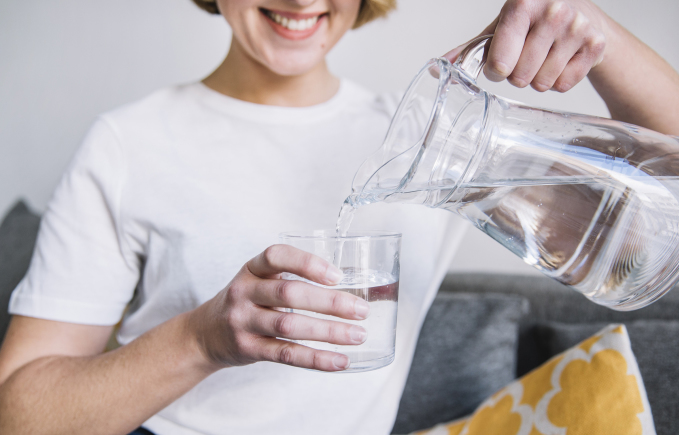
Skin Conditions and Allergies
Chronic skin conditions such as eczema or psoriasis can lead to persistent peeling. If you suspect that you have a skin condition, it’s advisable to consult with a dermatologist. Additionally, allergic reactions to specific foods or products can cause your lips to peel continuously. Keeping a food diary or tracking the products you use can help identify potential allergens.
Nutritional Deficiencies
If your diet lacks essential nutrients, this can result in peeling lips. Ensure your diet includes a variety of foods that provide the necessary vitamins and minerals. Foods rich in B vitamins include whole grains, eggs, and leafy greens. For vitamin E, consider nuts, seeds, and avocados, while omega-3 fatty acids can be found in fatty fish like salmon, chia seeds, and walnuts.
Effective Solutions for Lips That Won’t Stop Peeling
Now that you have a better understanding of the causes of peeling lips, here are some practical solutions to help address this issue:
Hydration Techniques
To keep your lips hydrated, drink plenty of water each day and consider using a humidifier in your home, especially during the winter months when indoor air can become dry. This will help maintain moisture levels in your lips and skin.
Choosing the Right Products
Selecting the right lip products is crucial if your lips won’t stop peeling. Look for lip balms that contain natural ingredients, such as shea butter, coconut oil, or jojoba oil. These ingredients help to lock in moisture and provide a protective barrier against environmental factors. Avoid products that contain artificial colors, fragrances, or alcohol, as these can contribute to further irritation.
Avoiding Common Triggers
Identify and eliminate habits that may contribute to peeling. For example, refrain from licking your lips, as saliva can evaporate quickly, leaving your lips drier. Additionally, try to minimize exposure to irritants, such as spicy or acidic foods, which can trigger sensitivity.
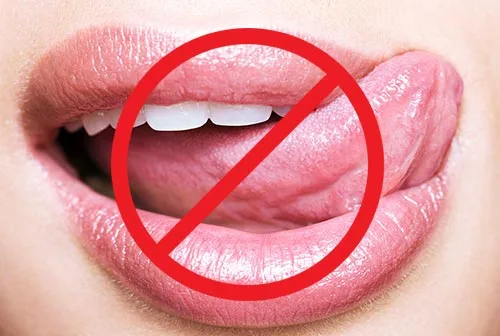
Exfoliation and Care
Gently exfoliating your lips can help remove dead skin cells and promote smoother lips. You can create a simple sugar scrub at home using sugar and honey or use a soft toothbrush to gently brush your lips. Exfoliate your lips once or twice a week, followed by a hydrating lip balm.
When to Seek Professional Help
If you find that your lips won’t stop peeling despite implementing these solutions, it may be time to consult a healthcare professional.
Signs That Indicate a Serious Issue
If your peeling is accompanied by severe symptoms such as swelling, pain, or bleeding, it may indicate an underlying issue that requires medical attention. Persistent peeling, especially if it spreads beyond the lips, should not be ignored.
Potential Treatments from a Healthcare Professional
A dermatologist can provide personalized recommendations based on your specific condition. They may prescribe medicated ointments or treatments to address any underlying skin issues and help restore the health of your lips. Furthermore, they can help you identify any allergens or irritants in your environment that may be contributing to your symptoms.
Conclusion
In conclusion, if your lips won’t stop peeling, it’s essential to understand the root causes and take appropriate action to resolve the issue. By recognizing environmental factors, avoiding irritating products, and maintaining proper hydration and nutrition, you can effectively manage peeling lips. Don’t hesitate to seek professional help if the problem persists, as healthy lips are crucial for both comfort and confidence. Remember, your lips deserve care and attention just like the rest of your skin, so take proactive measures to keep them healthy and beautiful!
Contact us via other platforms if you have any questions or requests that need to be answered quickly.
Tiktok: www.tiktok.com/@lunabeautyacademy6
Hotline: 034 254 0228
Email: lunabeautyacademy@gmail.com
Address: No. 29, Alley 140/1/2, Lane 140 Nguyen Xien, Thanh Xuan, Hanoi
Luna wishes you success and hopes you will have the best experiences at the academy. If you need advice or answers about anything, please leave your Contact Information With Us, the Luna team will contact you soon. Thank you for reading this article.

